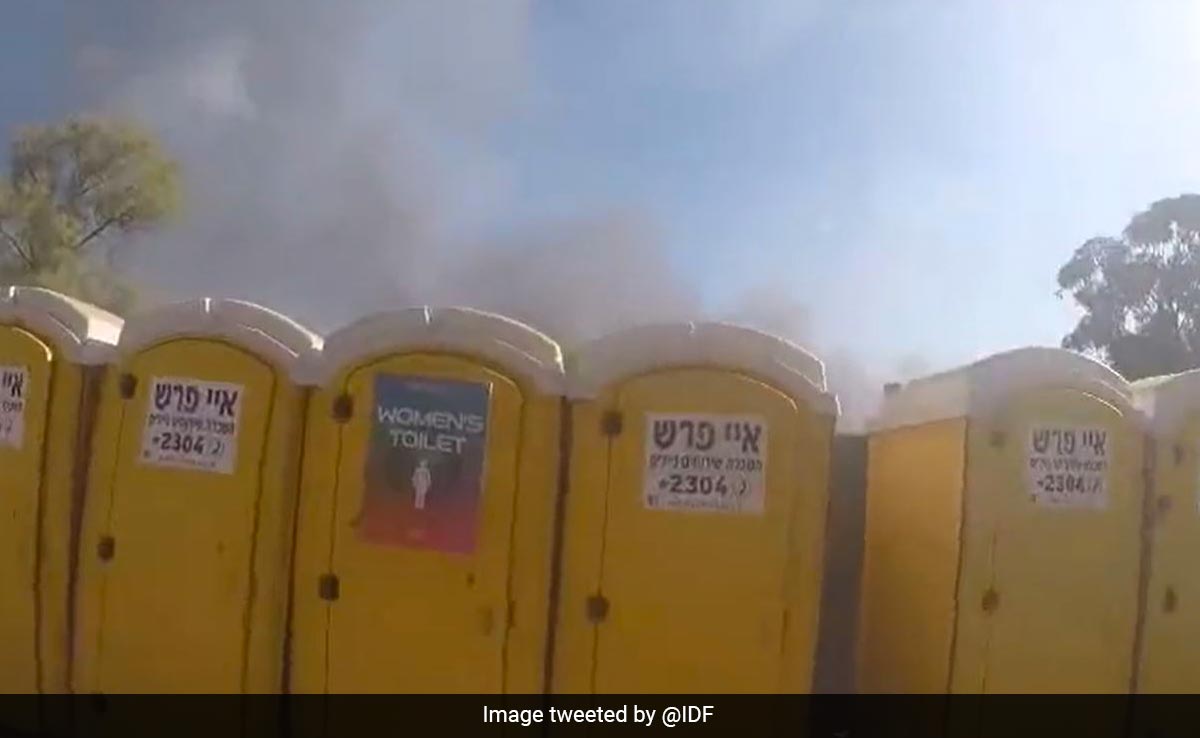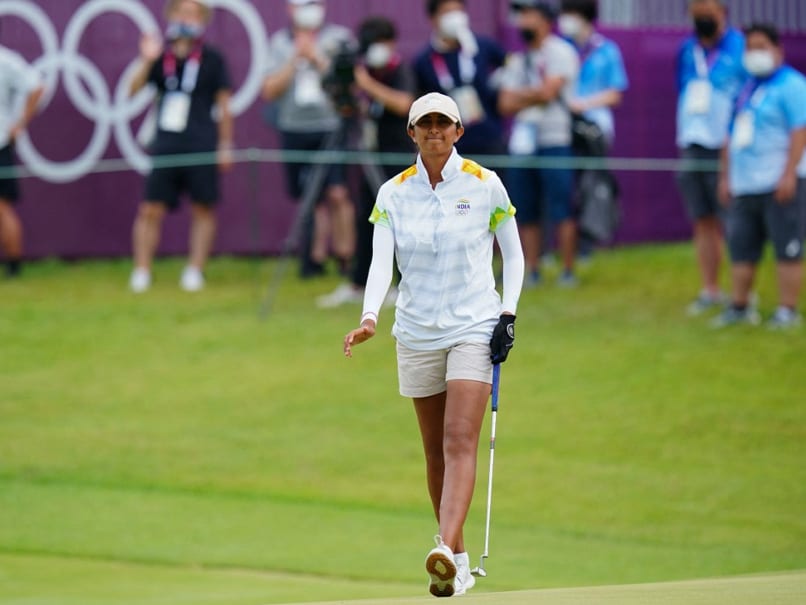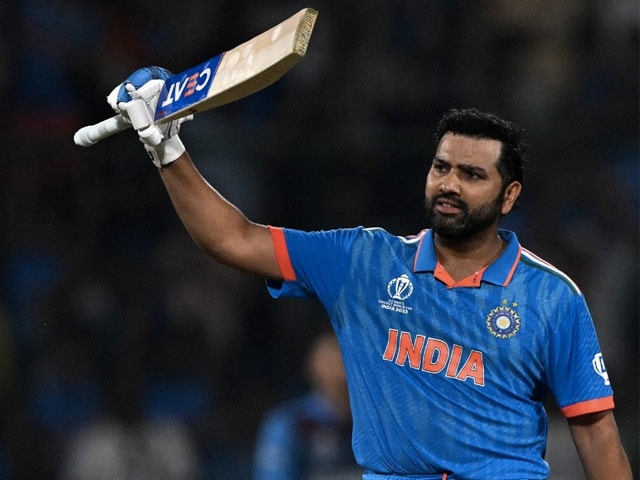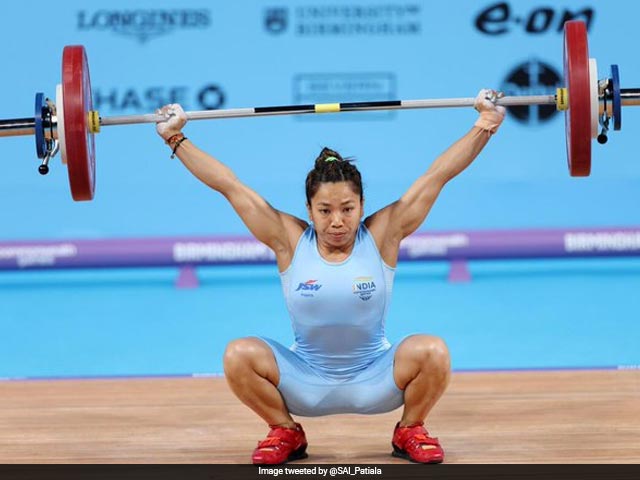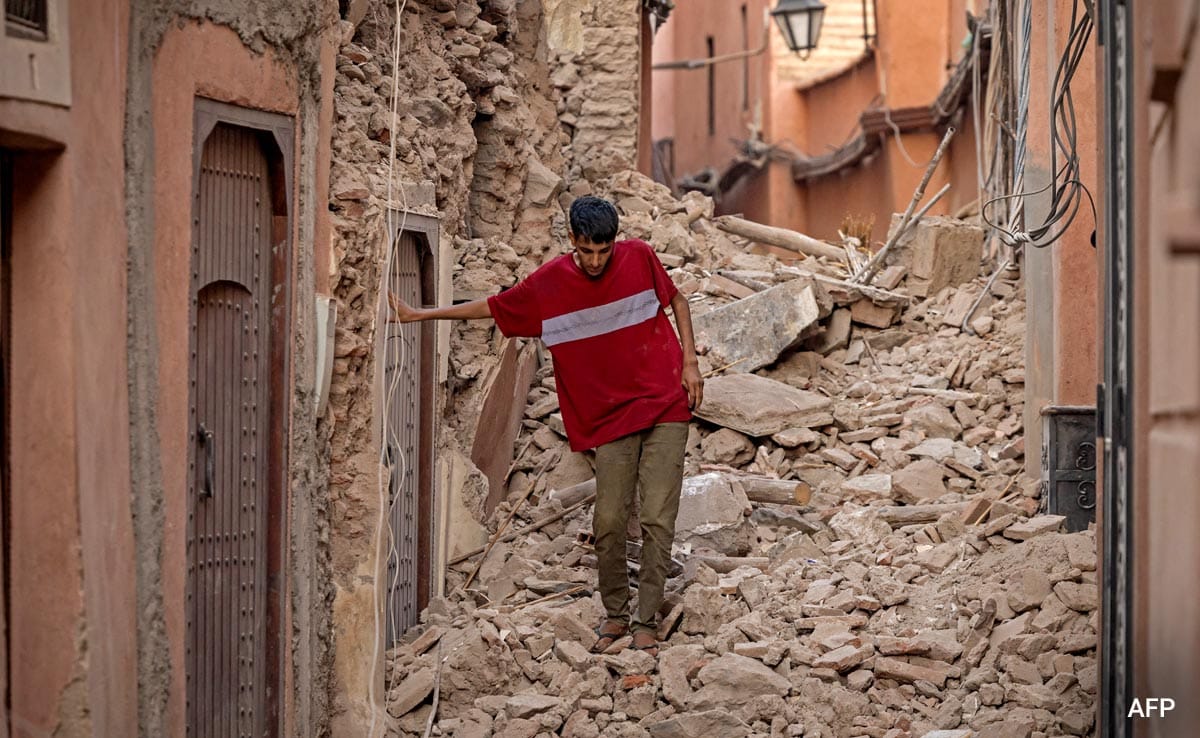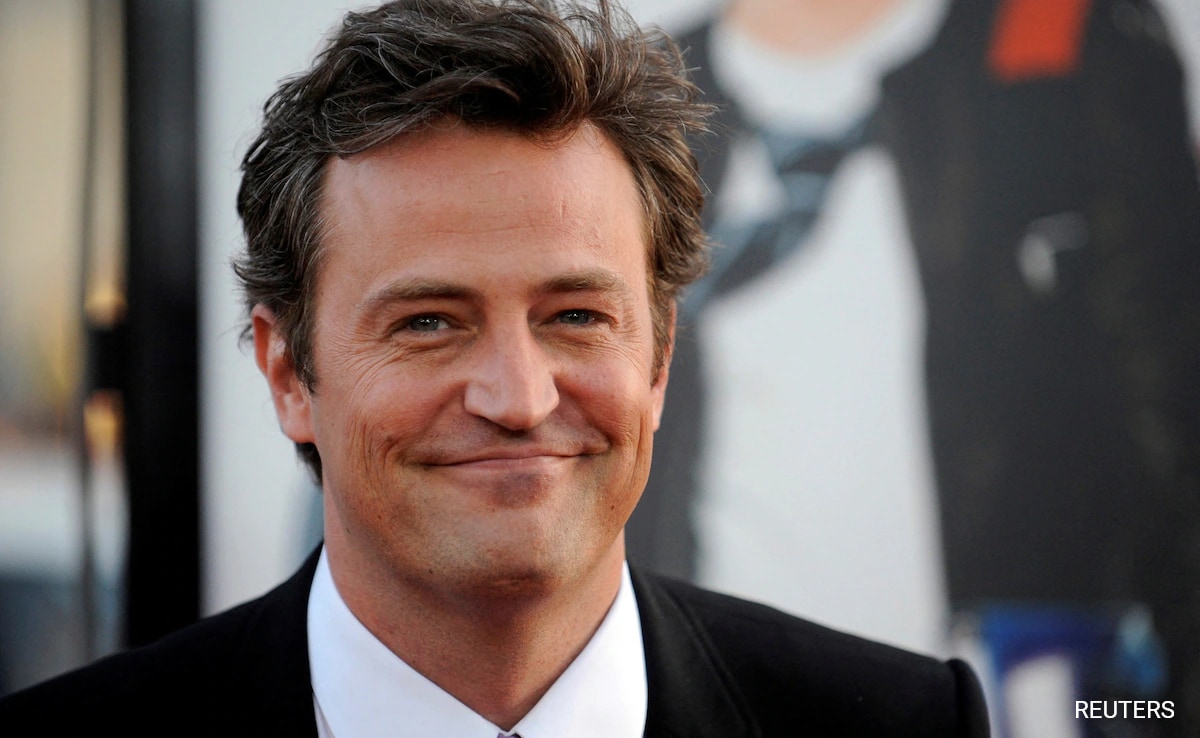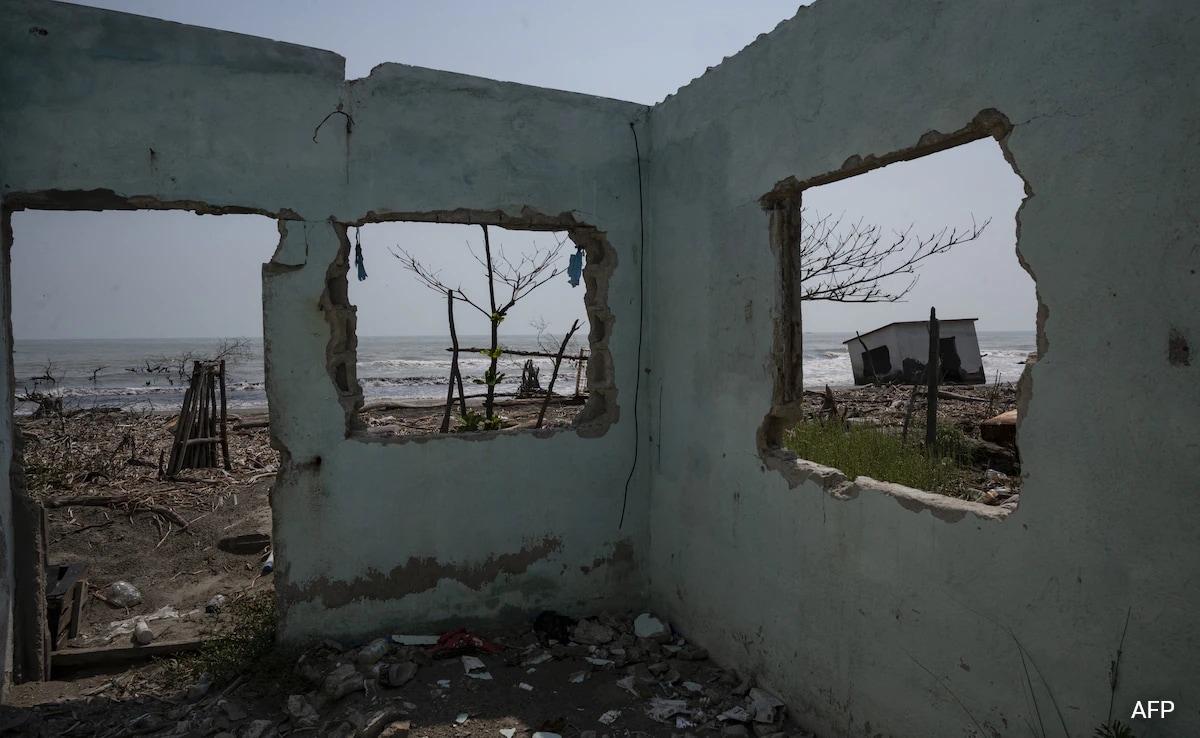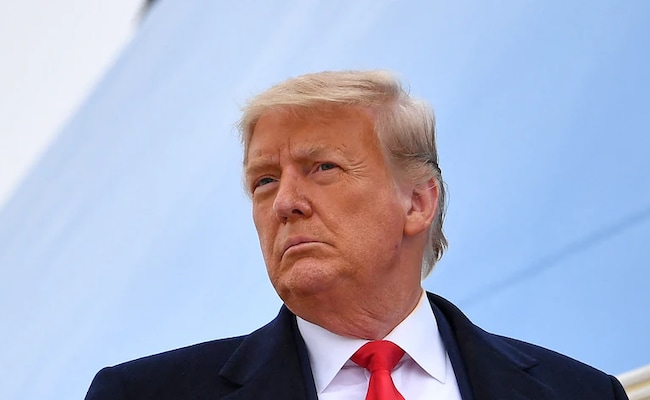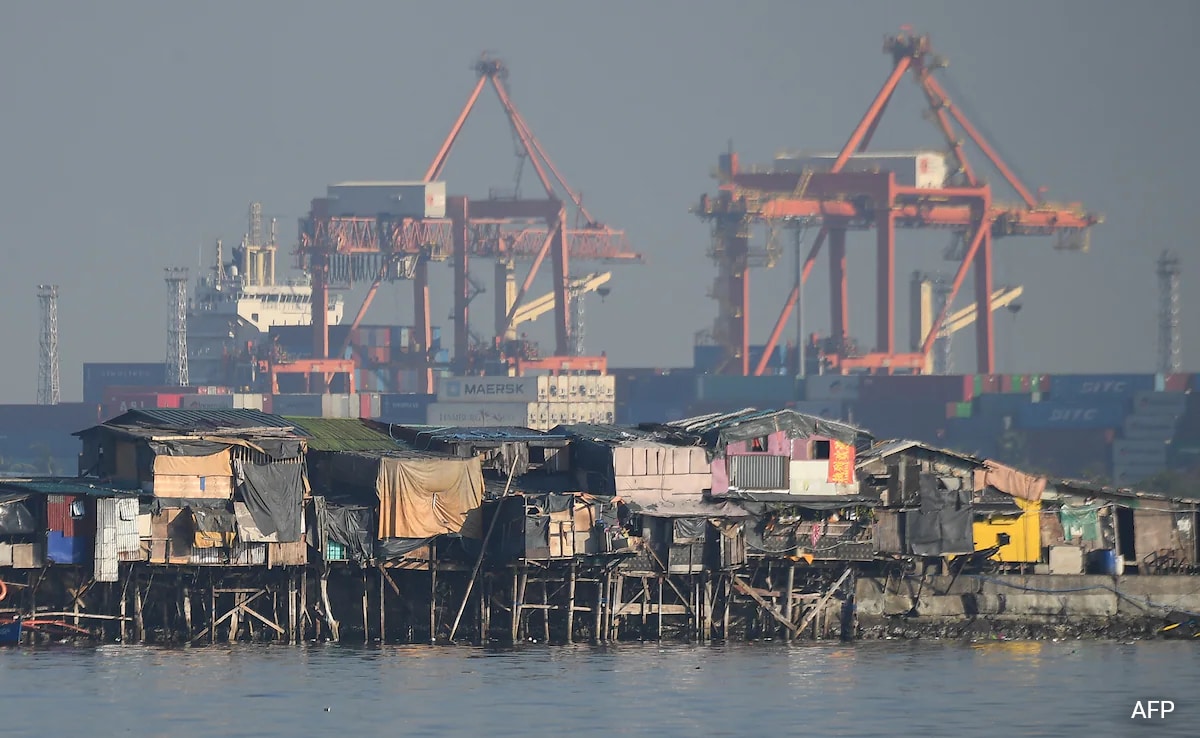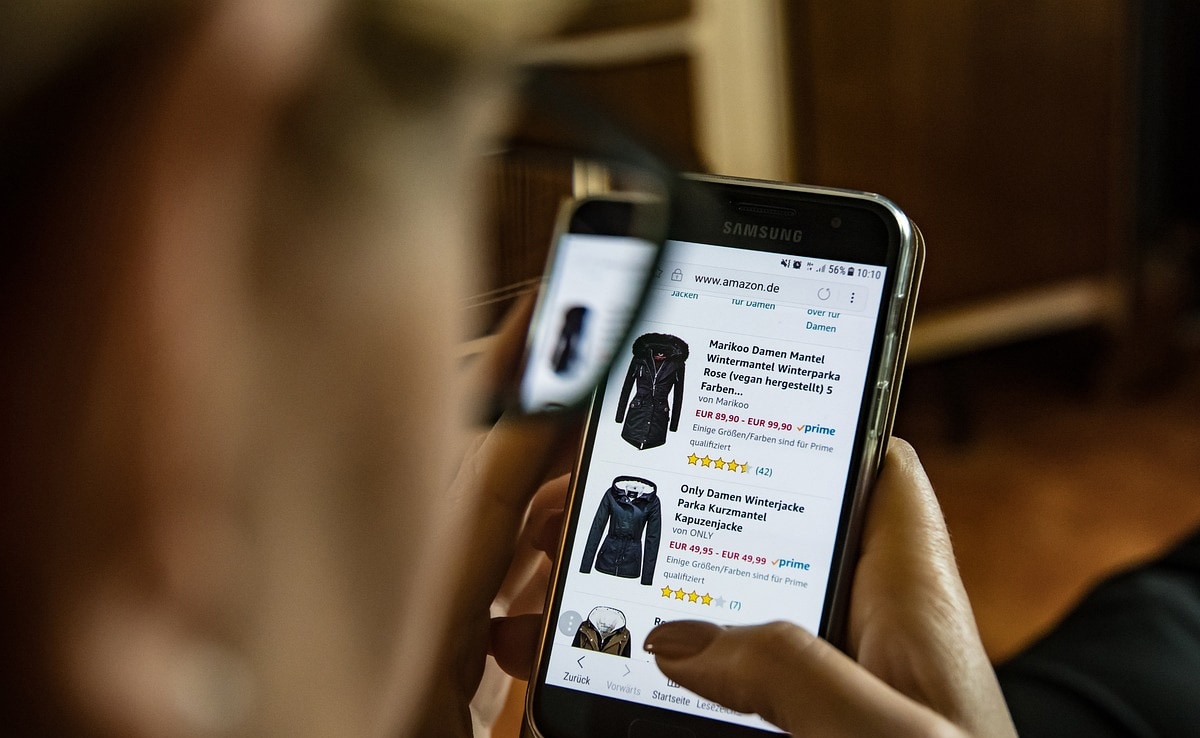Russia’s President Vladimir Putin and India’s Prime Minister Narendra Modi walk during their meeting at the Novo-Ogaryovo state residence near Moscow, Russia on July 8, 2024
| Photo Credit: via Reuters
In what will be relief for the families of men recruited into the Russian military to serve at the warfront with Ukraine, Russian President Vladimir Putin has accepted Prime Minister Narendra Modi’s request, made at a private dinner on Monday, to discharge those wishing to return to India. According to sources privy to the decision, Mr. Putin has given instructions to this effect upon Mr. Modi’s “direct intervention”.
“We expect the release to take place within weeks from various places where they are serving or deployed,” sources told The Hindu on the condition of anonymity.
Also Read: PM Modi in Russia LIVE updates
It is unclear whether there will be a public announcement about the order and whether it will find mention in the joint statement, that comes after weeks of diplomatic discussions, and the issue being raised by the Indian Embassy in Moscow as well as by External Affairs Minister S. Jaishankar to Russian Foreign Minister Sergey Lavrov during a meeting on the sidelines of the SCO Summit in Astana last week.
Suhasini Haidar in Moscow: Putin agrees to PM Modi’s request for discharge of Indians in Ukraine warfront
Prime Minister Narendra Modi is expected to hold formal talks with President Putin and visit an exhibition on nuclear cooperation later on Tuesday.

Increasing pressure
The demand for the discharge of dozens of soldiers who claim they were recruited by the Russian military after being lured by agents on false promises has been increasing pressure on the government for several months. After The Hindu first reported on the demand that was raised by Hyderabad MP Asaduddin Owaisi as some men from his constituency had reached out, the Ministry of External Affairs accepted that there was a problem amongst a “few” such cases.
However, subsequently it has emerged that there are at least 50 Indian men serving at war front, of which four have been killed.
Also Read: Death of Indians in Russia-Ukraine war: Status and accountability of mercenaries in international law | Explained
In parliament last week, Mr. Owaisi had referred to Indians who were not being prevented by the government to travel to conflict zones in Russia and Israel as “cannon fodder”. The MEA has said that about 9-10 who reached out directly to the Embassy have been returned to India, after the Embassy’s intervention with the Kremlin. The Hindu has learnt that several others had already received their discharge papers, but were awaiting a formal release from the war front by their commanding officers.
The Russian government has not commented on the issue thus far, but official sources explained that the recruitment of foreign soldiers is permitted under law and conducted after “thorough mental and physical” checks. Recruits from Nepal, Sri Lanka, China and African countries are all believed to have been trained for a few weeks and deployed similarly to the Indian recruits. The Nepali government has also made similar requests to the Kremlin and taken up the issue in Kathmandu and Moscow.
Special gesture
The decision by the Russian President is seen as a special gesture made for India given traditional ties, as well as his personal rapport with PM Modi, that was on display at a private dinner he threw for Mr. Modi at his Dacha on the outskirts of Moscow on Monday. The two men embraced as they met, and Mr. Putin who congratulated PM Modi on his third term in office, then personally drove Mr. Modi in a golf cart around his estate, and took him on a tour.
India dismisses U.S. concerns
The optics of the visit has raised eyebrows in Washington, where President Joseph Biden is hosting NATO leaders and Ukraine President Volodymyr Zelenskyy for a special summit on Tuesday, and the State Department spokesperson Mathew Miller, when asked said that the US has raised its “concerns” about India’s relationship with Russia.
When asked, government sources rejected the US’s concerns on the issue.
“India has always called for respecting the UN charter, including territorial integrity and sovereignty,” the official sources said. As The has reported, PM Modi is expected to stress with President Putin that there is “no solution on the battlefield” to the conflict and that “dialogue and diplomacy” are the only way forward.
(With inputs from Vijaita Singh)

